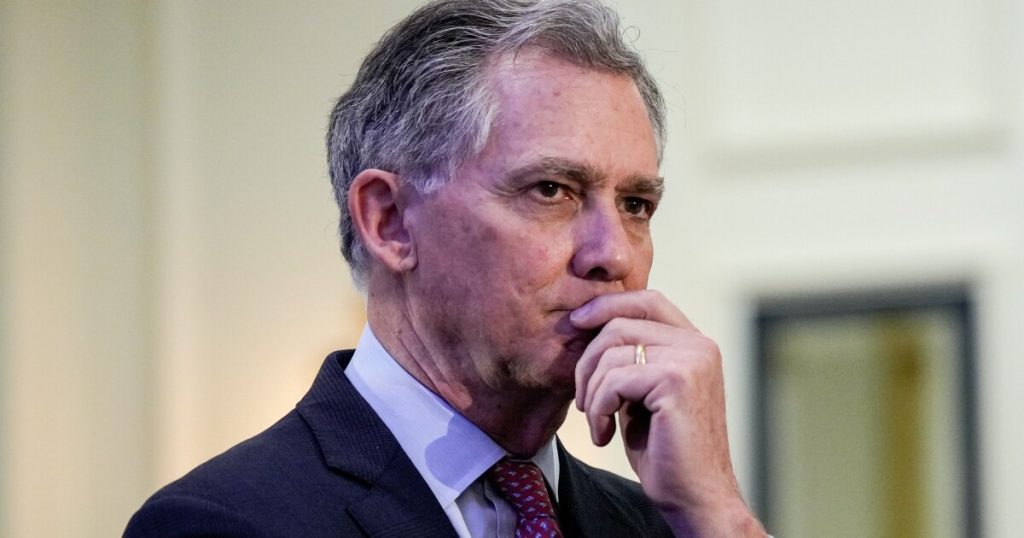- Key insight: GOP lawmakers want bank regulators to further tailor prudential rules.
- What’s at stake: They say that the rules put some banks with less than $250 billion in assets under more strict oversight than what Congress intended.
- Forward look: Trump administration regulators are, in fact, likely to further tailor requirements.
WASHINGTON — House Financial Services Committee Republicans are pressing federal banking regulators to
In a seven-page letter dated Nov. 21 and signed by 29 Republican members including Chairman French Hill, lawmakers urged the Federal Reserve, Office of the Comptroller of the Currency and Federal Deposit Insurance Corp. to use their existing statutory authority to restructure how enhanced prudential standards are applied to banks with assets between $100 billion and $700 billion.
“We believe the current framework of regulation for banks generally … acts as a barrier to more robust competition for the largest banks given the largely one-size-fits-all approach taken in regulating banks with $100 billion or more in assets,” the lawmakers said.
The letter represents the
The lawmakers argue that current rules effectively subject banks with as little as $100 billion in assets to similar oversight as institutions nearly seven times larger, creating competitive disadvantages and stifling growth.
The Republicans, led by House Financial Services Committee Chairman French Hill, R-Ark., wrote to Federal Reserve Vice Chair for Supervision Michelle Bowman, Comptroller Jonathan Gould and acting FDIC Chairman Travis Hill, requesting they take actions the lawmakers believe the agencies already possess statutory authority to implement.
Republicans contend this framework has created anomalies where banks well below the $250 billion threshold face requirements Congress intended only for the largest institutions. The letter notes that the Category II designation for banks results in institutions with fewer than $250 billion in assets being subject to the same enhanced prudential standards as banks whose size is nearly triple the $250 billion threshold at which Congress made such standards mandatory.
The Republicans also pushed for regulatory thresholds to be indexed to economic growth measures such as nominal GDP or total banking system assets. The lawmakers in the letter argue that without periodic adjustment, static threshold values result in regulatory thresholds subjecting more banks to stringent requirements.
The letter omits mentions of the Silicon Valley Bank crisis, eschewing an argument made by progressive Democrats in the wake of the SVB failure that loosening oversight of this size institution was inappropriate. Both Silicon Valley Bank and Signature Bank, whose failures caused regulators to invoke the systemic risk exception, had assets above $100 billion but below $250 billion.

